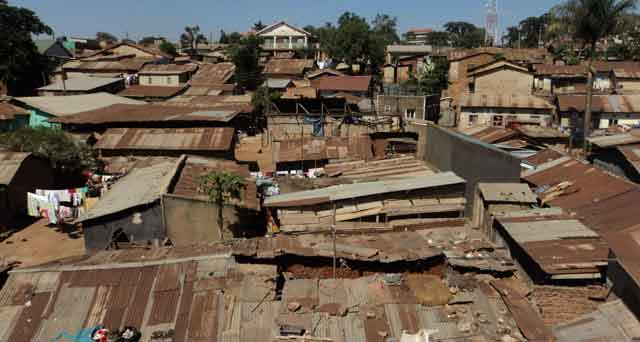
Kampala, Uganda | THE INDEPENDENT | Architects and developers are rooting for a Housing Development Fund and standardisation of local construction materials to solve Uganda’s housing challenge.
Uganda, like many other countries, is challenged with a shortage of decent housing for its fast-growing population. Many people work their entire life but fail to put up a desirable house, and as result, the biggest size of the population continues to live in substandard units.
Uganda’s housing situation is characterized by inadequate homes in terms of quality and quantity in both rural and urban areas. According to UN-Habitat, the housing deficit stands at 2.4 million housing units, out of which 210,000 units are in urban areas and 1.395 million units in rural areas. It is also estimated that the country’s housing will surplus the three-million-unit mark by 2022.
Architect Patricia Khayongo Rubita, the Managing Director of Dream Africa, notes that one of the factors impeding the growth of the housing sector is the high cost of construction materials. However, she is convinced that this can be addressed quickly by looking at the available local materials and how they can be applied.
However, she observed that at the moment, such material lack standardization and no research is being undertaken to unlock the potential. Rubita, together with other panellists, was discussing the future of the housing sector during an online conference organised by the Centre for Advanced Strategic Leadership.
Some of the areas looked at include earth construction, use of the aggregate stones, timber, and bamboo among others. According to Rubita if the local solutions are developed, the housing need in rural areas can be addressed faster and brought down from the alarming 1.395 million units.
Patrick Rubongoya, the Principal Architect at Pans Modern Consult Ltd, points out that part of the problem is because Ugandans are caught up in an old-fashioned syndrome of one man one house. This, he says, can be solved if the government creates a housing development fund and revitalises key housing-related national agencies including Housing Finance Bank and the National Housing Company.
Rubongoya called upon housing institutions to carry out deliberate research to enable the application of the local grown solutions and development of products that will solve the housing challenge.
Sam Wabasa, the proprietor of Canaan Sites, shares that lack of affordable quality housing compromises people’s health and development opportunities, keeping more Ugandans in Poverty. Wabasa who boasts of setting up over 8,000 housing units in the Greater Kampala Metropolitan Area, argues that despite the huge housing gap, developers can’t inject money in the sector whose demand is limited.
He says the improvement in the housing sector can only happen if the disposable income of the population has increased.
Besides the price of building materials and people’s incomes, the panellists pointed at poor physical planning, both at national and local levels, and the complex land tenure systems, as some of the challenges slowing the growth of the sector.
During his visit to Uganda earlier this year, Walid Moussa the world President of the International Real Estate Federation, (FIABCI) highlighted that there is a need for the government to enact laws and policies that would help to address the challenges impending real estate and housing.
*********
URN
 The Independent Uganda: You get the Truth we Pay the Price
The Independent Uganda: You get the Truth we Pay the Price



